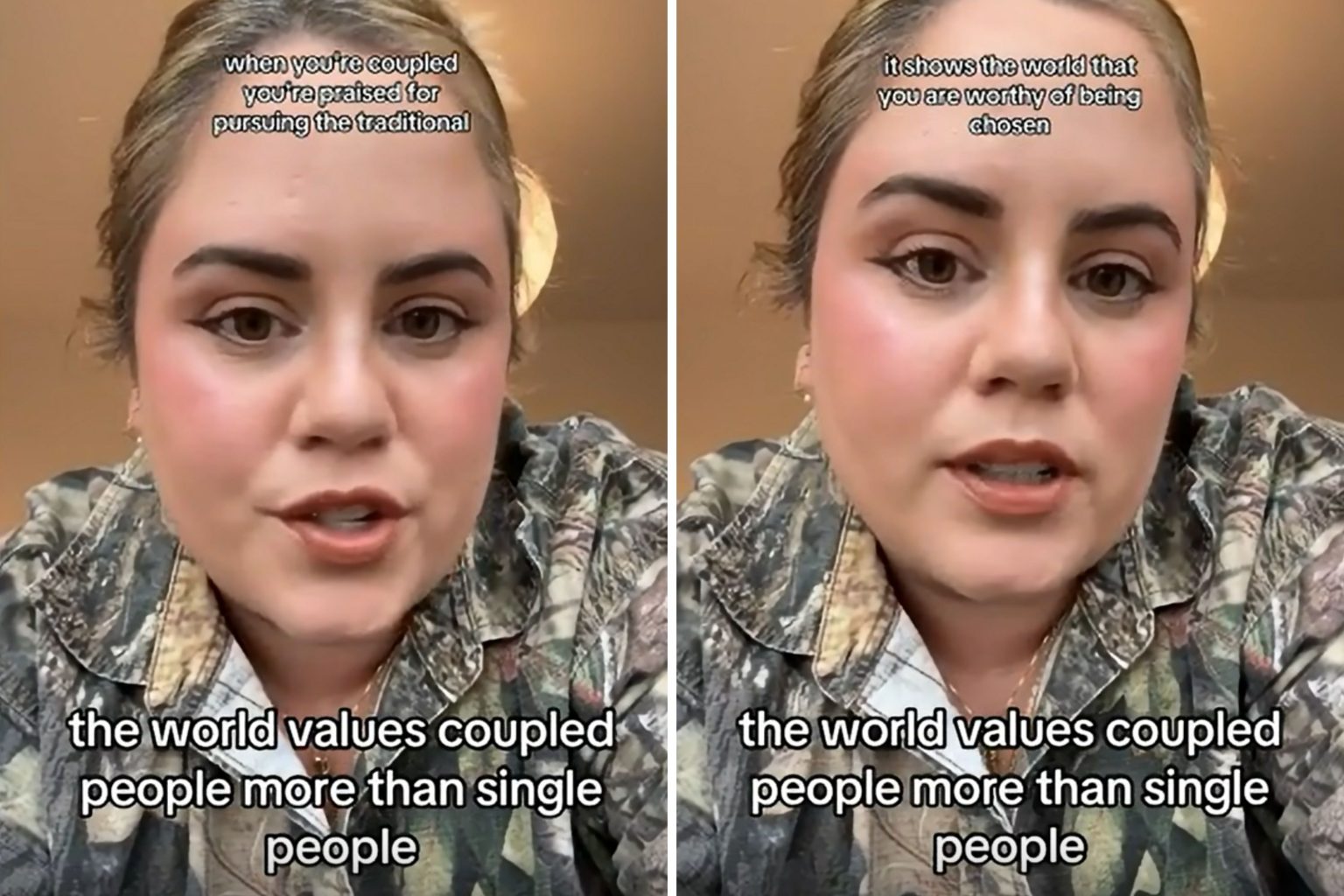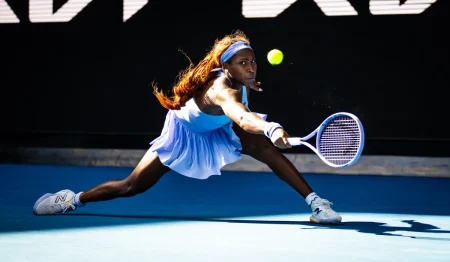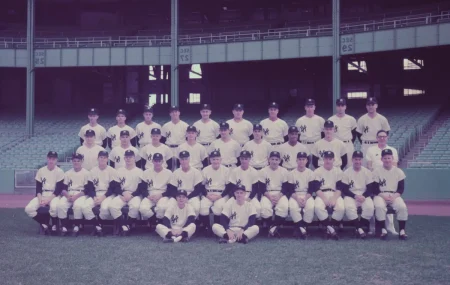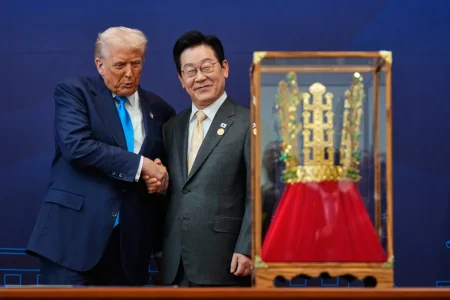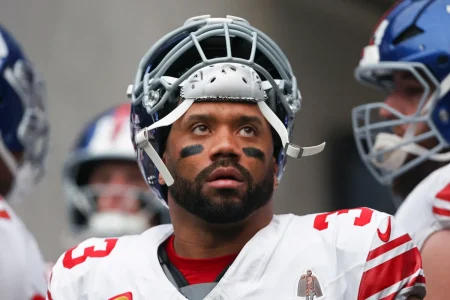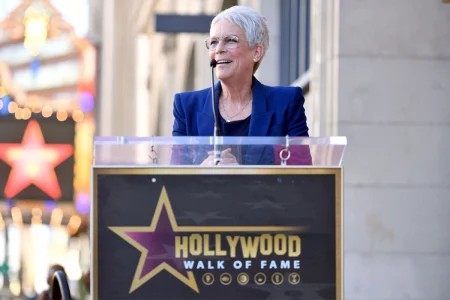Meaghan Wray, a 34-year-old Toronto resident, sparked a viral conversation on TikTok regarding societal biases favoring coupled individuals, particularly women in heterosexual relationships. Wray’s video resonated with over 180,000 viewers, highlighting a common sentiment of feeling undervalued as a single person in a society that often equates coupledom with success, maturity, and worthiness. Wray’s reflections stemmed from personal experiences, revealing how societal pressures influenced her self-perception and past relationships, leading her to tolerate unhealthy dynamics in pursuit of validation through romantic partnerships. Her observation prompted a broader discussion about the unfair burden of expectations placed upon single individuals, and the need for a societal shift in valuing diverse relationship structures.
Wray’s critique of societal norms stems from deeply ingrained beliefs about the importance of romantic relationships, beginning as early as childhood. She explained how the notion of being chosen by a boy became a measure of her worth, a belief that persisted into adulthood and affected her choices in romantic partners. This pressure led her to accept less than she deserved and tolerate toxic dynamics in an effort to conform to the societal expectation of being in a relationship. This experience is not unique to Wray, reflecting a broader cultural narrative that implicitly devalues single individuals and elevates coupledom as a marker of personal achievement. This pressure can lead to feelings of inadequacy and a sense of urgency to find a partner, regardless of compatibility or healthy dynamics.
The societal preference for coupled individuals is deeply rooted and reinforced through various cultural channels. Dr. Marisa T. Cohen, a relationship expert, explains this phenomenon as a “halo effect,” where being in a couple is perceived as a sign of positive qualities like commitment, communication skills, and emotional maturity. These assumptions, often inaccurate, contribute to a bias that casts a positive light on coupled individuals while often overlooking the strengths and values of single people. This halo effect feeds into the societal pressure to be in a relationship, creating a cycle where single individuals may feel compelled to pursue partnerships for external validation rather than genuine connection.
Conversely, single individuals are often stereotyped as lonely, unfulfilled, or lacking certain social skills, despite increasing research challenging these misconceptions. This societal bias not only impacts romantic prospects but also influences platonic relationships. Wray shared her experiences of being deprioritized by friends after they entered relationships, highlighting a broader tendency to elevate romantic love above platonic connections. This prioritization of romantic relationships can lead to a weakening of social support systems for single individuals, further exacerbating feelings of isolation and reinforcing the societal message that romantic partnerships are superior.
Wray argues that this societal overemphasis on romantic relationships is detrimental, suggesting that expecting one person to fulfill all emotional and social needs is unrealistic and potentially damaging to relationships. She advocates for a more balanced approach, emphasizing the importance of diverse social connections, including strong friendships and familial bonds. This perspective challenges the notion that a romantic partner is the sole source of happiness and fulfillment, promoting a more holistic view of well-being that encompasses various forms of connection and support.
To combat these societal pressures, experts like Dr. Cohen recommend focusing on building strong communities composed of both single and coupled friends, celebrating the freedoms of single life, and pursuing personal goals. This approach empowers individuals to define their own sense of worth and fulfillment outside of societal expectations. On a broader level, Wray calls for a societal shift towards valuing diverse relationship structures and recognizing singlehood as a valid and empowering choice. This involves challenging traditional notions of success and fulfillment, embracing individual autonomy, and promoting a more inclusive and accepting view of different life paths. This shift requires a conscious effort to dismantle the ingrained biases that privilege coupledom and create a more equitable social landscape for everyone, regardless of their relationship status. Furthermore, fostering open conversations about these societal pressures can contribute to greater understanding and empathy, ultimately leading to a more supportive and inclusive environment for all individuals.




